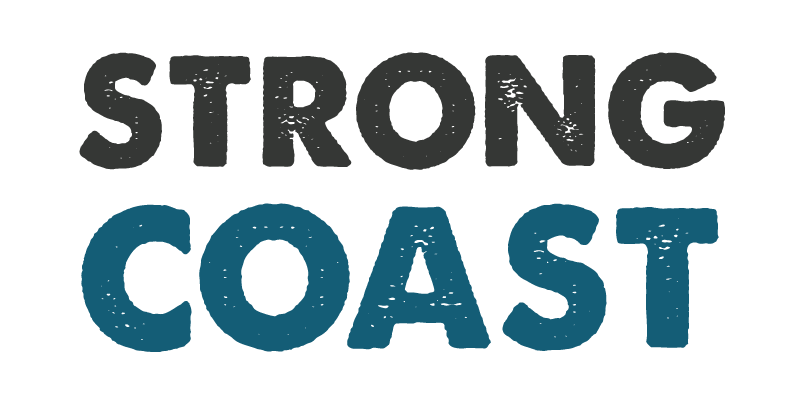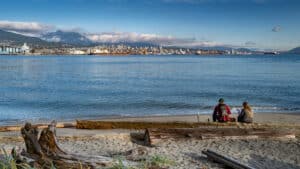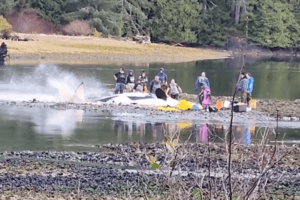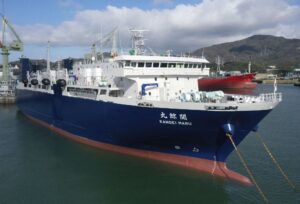
A BC First Nation is taking the Government of Canada to court over the closure of its commercial herring fishery, underscoring ongoing tensions between Indigenous sovereignty and Canadian resource management. The suit, filed in the BC Supreme Court, alleges infringements on the Heiltsuk First Nation’s fishing rights after Fisheries and Oceans Canada (DFO) banned the commercial harvest of herring spawn-on-kelp (SOK) in Heiltsuk Territory in 2022.
Central to the dispute is DFO’s unilateral prohibition of all commercial SOK harvest on the Central Coast just before the start of the season under the 2021-22 Integrated Fisheries Management Plan for Pacific Herring. The Heiltsuk Nation asserts this decision was made contrary to a management plan jointly developed by DFO and the Nation.
“We did not take the decision to commence legal action lightly.”
Chief Marilyn Slett, elected leader of the Heiltsuk Nation
The Heiltsuk contend that DFO’s action unjustly infringed upon their Aboriginal rights to manage and harvest SOK, a process in which herring spawn their eggs on kelp that are then removed by harvesters. SOK is a non-kill fishery, which means female herring live to spawn again. The Nation is pursuing damages and requesting judicial declarations in response to the commercial ban.
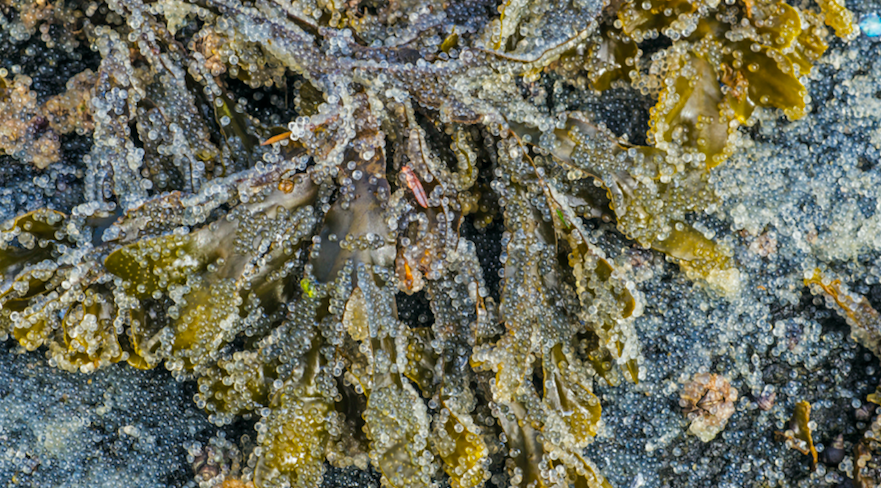
“We did not take the decision to commence legal action lightly,” said Chief Marilyn Slett, elected leader of the Heiltsuk Nation, in a statement, expressing disappointment at the breakdown in trust resulting from DFO’s decision.
Since 2016, the Heiltsuk Nation has collaborated with DFO to manage the herring fishery, including data sharing and joint recommendations to the Minister of Fisheries and Oceans. However, the Minister’s 2022 decision to close the fishery came as a surprise to the Heiltsuk, who say the action undermines reconciliation efforts symbolized in agreements such as Haíɫcístut, meaning “to turn things around and make them right again.”
“It was only a few years ago that Heiltsuk resolved a claim against the Government of Canada for past infringements of our rights to fish herring spawn-on-kelp.”
Hemas Harvey Humchitt, Hereditary Chief of the Heiltsuk Nation
The dispute over the herring fishery is deeply rooted in Heiltsuk history and traditional culture. The Heiltsuk Nation has been sustainably stewarding and managing this forage fish for generations. Their harvesting practices do not cause fish mortality and are “self-limiting” because they can only harvest where there are abundant herring eggs.
Hemas Harvey Humchitt, a Hereditary Chief of the Heiltsuk Nation, also voiced frustration over the situation, noting the setback in light of past reconciliation agreements. “It was only a few years ago that Heiltsuk resolved a claim against the Government of Canada for past infringements of our rights to fish herring spawn-on-kelp,” he noted.
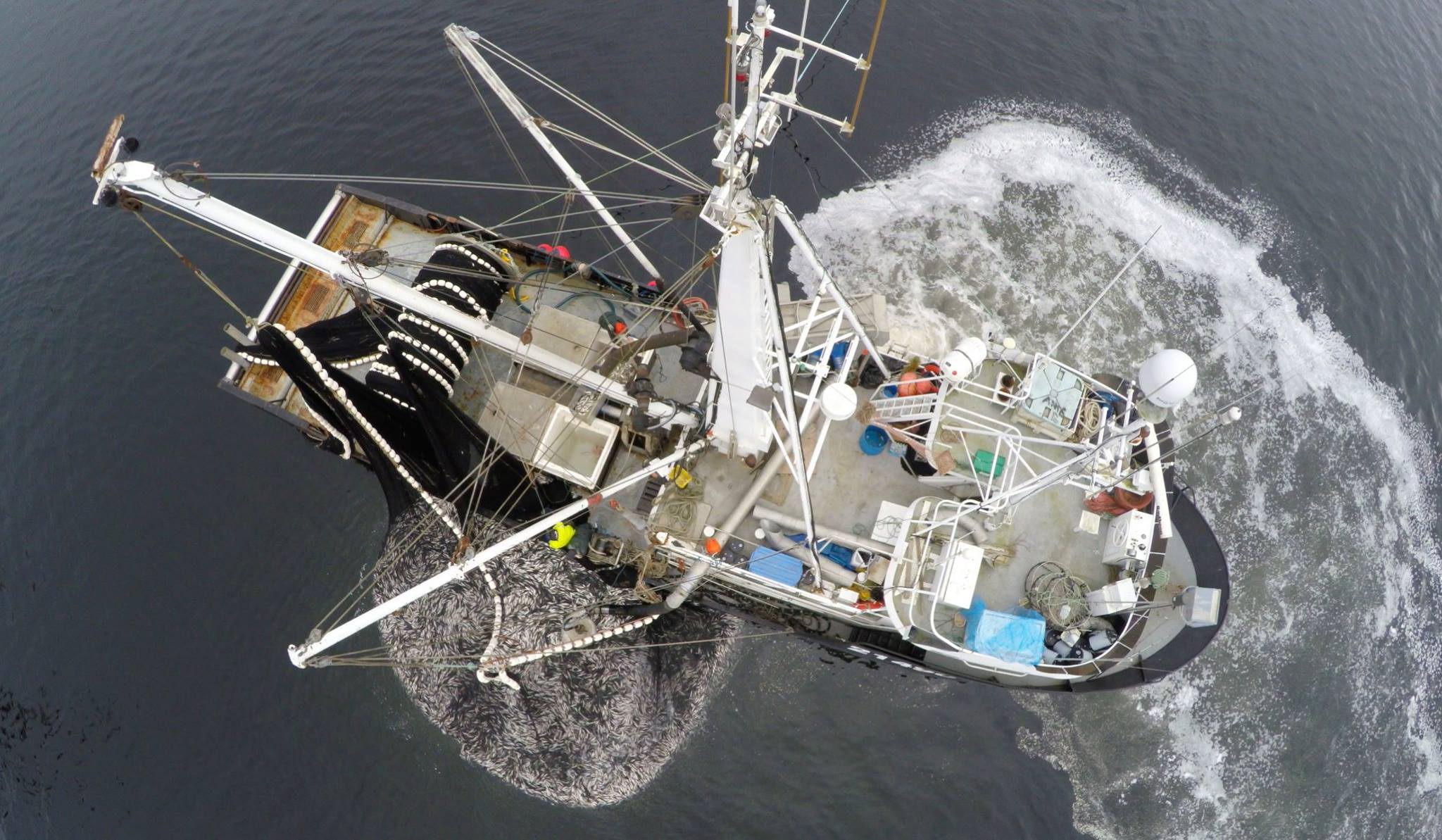
This comes after the Heiltsuk First Nation shut down the commercial harvesting of herring in their waters in 2015. The herring sac roe kill fishery has been widely limited in parts of BC after populations have been deemed “near collapse,” according to experts. Four of the five major herring concentrated areas, including Central Coast, Haida Gwaii, Prince Rupert, and West Coast Vancouver Island, have been closed to the herring kill fishery by DFO.
“Respect for joint management is a critical part of the reconciliation agreements we have signed with Canada.”
Hemas Harvey Humchitt, Hereditary Chief of the Heiltsuk Nation
The commercial SOK fishery is “much more than an economic lifeline.” It is a cornerstone of Heiltsuk identity and heritage, the Nation said in the press release. They also made note of the previous legal victory for the Heiltsuk Nation in 1996, R. v. Gladstone, in which the Supreme Court of Canada affirmed the Nation’s constitutionally protected Aboriginal right to commercially harvest spawn-on-kelp.
“Respect for joint management is a critical part of the reconciliation agreements we have signed with Canada. We are hopeful this can be made right, and that we can return to walking the path of Haíɫcístut once again,” stated Humchitt.
Published with permission from The Skeena.
